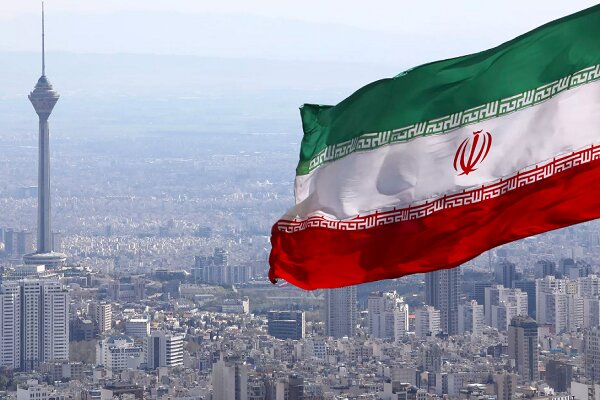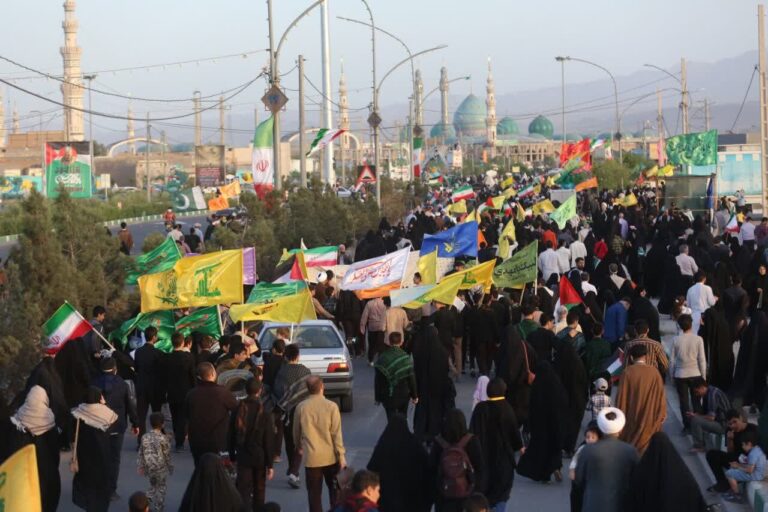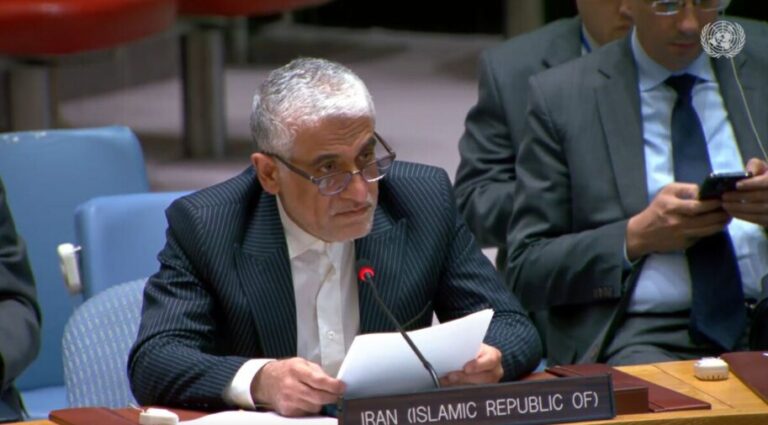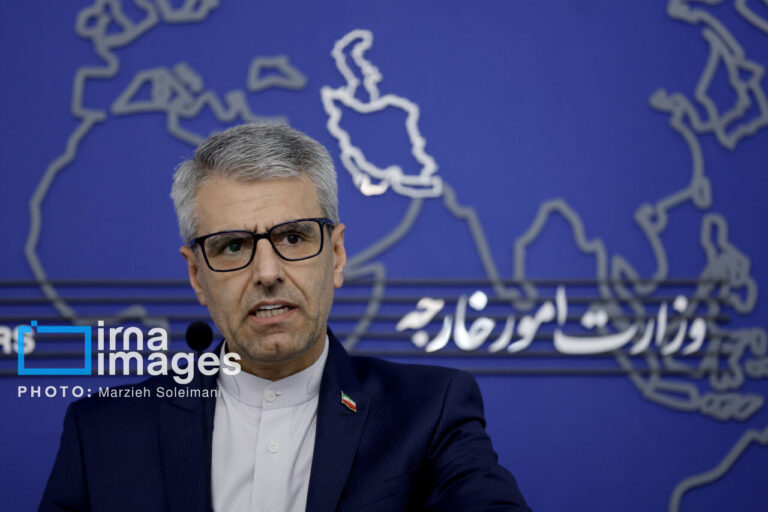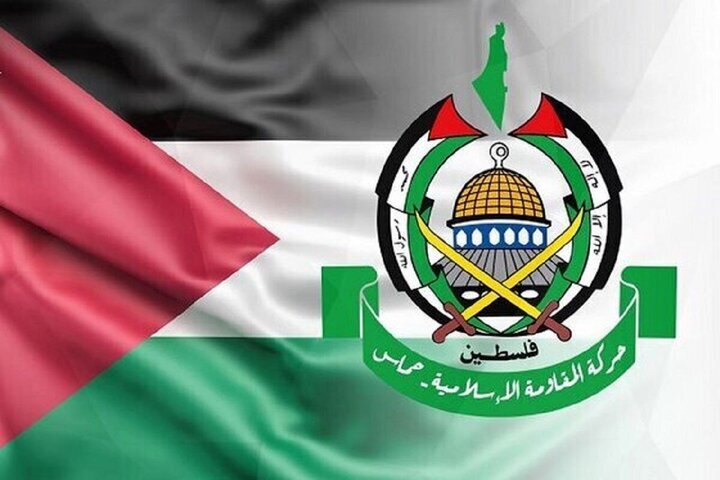Iran Stands Firm: Resists Pressure, Threats, and Sanctions with Unyielding Resolve
In a recent statement, Deputy Foreign Minister for Legal and International Affairs Kazem Gharibabadi emphasized that the Iranian nation will not yield to any requests made under pressure, sanctions, or threats. His remarks were made during the opening ceremony of an exhibition dedicated to showcasing the achievements of Iranian women, highlighting the resilience and strength of the nation in the face of adversity.
Gharibabadi articulated that sanctions that infringe upon people’s rights across various fields have a profound impact on daily life. However, he firmly declared that these measures would never achieve their intended goals. He criticized Western nations, asserting that they can no longer position themselves as champions of human rights while simultaneously accusing other countries of violations.
According to Gharibabadi, those who profess to advocate for human rights are, in fact, the primary violators of the rights of the Iranian people. He pointed out that these countries have imposed unilateral sanctions against Iran and have also passed resolutions in the United Nations Human Rights Council and the UN General Assembly that target Tehran.
“The Islamic Republic of Iran is committed to supporting and promoting human rights,” Gharibabadi stated. He noted that Iran has been a victim of terrorism, with over 23,000 Iranian men, women, and children having lost their lives to terrorist acts.
In addition to addressing human rights issues, Gharibabadi condemned the actions of the Israeli regime in Gaza. He pointed out the hypocrisy of those who claim to advocate for human rights while failing to take any meaningful action, instead providing political, financial, and military support to the Israeli regime.
His comments echoed those made earlier by Foreign Minister Abbas Araqchi, who expressed concern over the manipulation of human rights as a political tool by certain nations. Araqchi highlighted that this approach is often used to exert political and economic pressure on other countries or to interfere in their internal affairs.
He urged all governments to work collaboratively to protect and promote human rights based on principles of fairness and impartiality. Araqchi emphasized that Iran has long been subjected to the consequences of such misguided policies, calling for the immediate lifting of unilateral sanctions. He argued that these sanctions violate the fundamental human rights of the Iranian people and have inflicted suffering on millions of innocent individuals.
- Key Points from Kazem Gharibabadi’s Speech:
- The Iranian nation rejects requests made under pressure or threats.
- Sanctions adversely affect people’s lives but will not achieve their goals.
- Western countries cannot continue to claim to advocate for human rights while imposing sanctions.
- Iran has suffered from terrorism, with thousands of casualties.
- The Israeli regime’s actions in Gaza are condemned as violations of human rights.
In conclusion, the ongoing discourse surrounding human rights in Iran reflects a complex interplay of international relations, power dynamics, and the persistent struggle for justice. Gharibabadi’s statements serve as a reminder of the challenges faced by nations under sanctions and the need for a more equitable global approach to human rights advocacy.
As the situation evolves, it remains crucial for all nations to engage in dialogue that prioritizes human dignity and mutual respect, fostering an environment where true human rights can be upheld for all individuals, regardless of their nationality.
RHM/IRN
